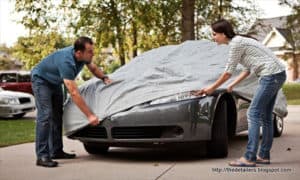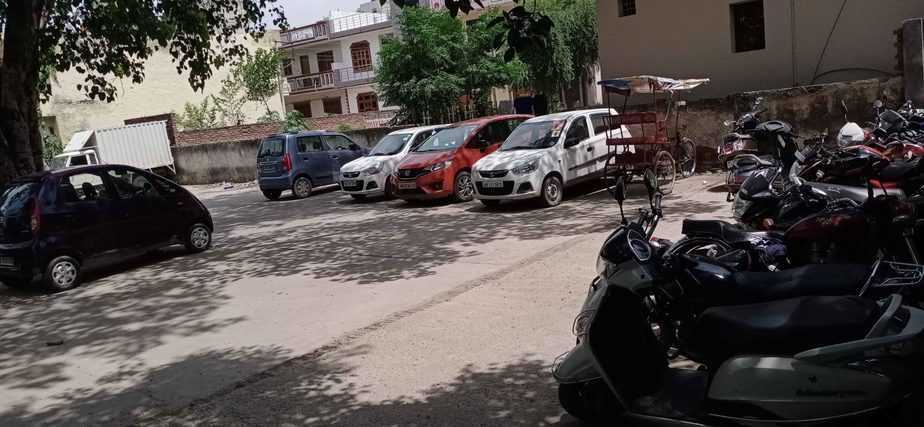In the 21-day lockdown that may be extended to contain the spread of COVID-19 in India, maintaining the health of your car is of importance as neglect can result in hefty repair bills
For a lot of petrolheads, the thought of not being able to go out for those late-night drives with the windows rolled down– the cool night wind awakening the senses — has been especially difficult. But the lockdown is no excuse to let your steed gather dust parked on the streets or in the garage.
Just as the human body requires regular stimulus for it to maintain a healthy life, so do the mechanical parts of your vehicle. And to ensure that lockdown does not have an adverse effect, owners should take precautions. Here are some of the simple steps that owners of vehicles can take to ensure that the prolonged disuse of their cars does not result in bills burning holes in the pocket.
Clean the car, park in a safe spot

One of the prerequisites when turning your vehicle in for a long sleep is a thorough cleaning — both of the inside as well as the outside of the vehicle. This ensures that crumbs within the vehicle’s cabin do not attract rodents and insects. For the exteriors, the thorough clean ensures that bird droppings do not result in damage to the paint.
After the cleaning process, it is a good idea to cover the vehicle if it is parked in a location that allows access to direct sunlight. Prolonged exposure to the sun can result in damage to the paint as well as the bodywork. Also, if a plastic or canvas cover is not available, it is a good idea to park the car in a safe spot away from direct sunlight.
Keep the battery charged
During disuse, the most vulnerable part of the vehicle is the battery. It can lose charge and in worst-case scenarios can even become dead. To ensure that the battery does not lose its potency during the lockdown, there are two options. The first is to start the engine and let it idle for 10-15 minutes (this method is applicable for all vehicles regardless of their make and manufacturer).
In some vehicles, it is advised to rev the engine between 1,000-1,500 rpm, to start the alternator which in turn charges the battery. The second option (recommended for older vehicles) is to disengage the battery if the vehicle is not being used at all and cannot be started. This ensures that the battery does lose charge.
Rotate the tyres to avoid damage
An important component that is often overlooked by drivers are the tyres of the vehicle. Due to long spells of disuse and the constant pressure that the weight of the vehicle exerts on them, the tyres can develop flat spots and cracks in the sidewalls.
To avoid this, it is advisable to move the vehicle back and forth (in the parking area) to prevent the tyres settling in a single position that can result in damage.
Also, when parking for long spells, it is a good idea to inflate the tyres to the recommended pressure. This helps in reducing the chances of developing a flat and reduces the stress on the tyres.
Protect the brakes
The brakes of a vehicle are second only to the engine, and long spells of disuse can reduce their capabilities. Some of the things to remember when storing your vehicles is ensuring that the brake pads — both front and rear — do not come in contact with water. Prolonged exposure to water causes rust. Also when parking the vehicle for long spells, ensure that the surface of the parking area is level and the parking brakes are disengaged. This helps in reducing unnecessary wear and tear in the brake pads.
Post-lockdown, get a checkup done
Even after taking precautions, there is a possibility of problems. Therefore, the best thing to do is to get your vehicle inspected thoroughly once the lockdown is over.
The current pandemic is a test of not just our resilience but also our ability to work as a community. In such testing times, the best we can do is to contribute where we can and follow the instructions given by authorities fighting the spread of the virus. Staying home is therefore of paramount importance. But staying home does not mean that your vehicle should be allowed to suffer.





